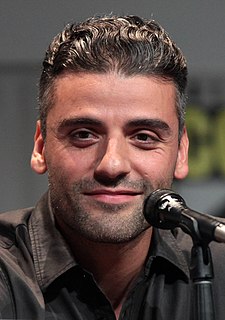A Quote by Nitin Sawhney
Solitude gives you the ideas and the motivation to make you want to collaborate.
Quote Topics
Related Quotes
If the only thing that you want to do is make money - if that's your whole motivation - I think you're lying to yourself. If the only motivation you have is to make money and make it, what's making it? Oh, you get a yacht or an island. Well, you're going to need someone to be on that island. You're going to need people, one way or another.
If you get into entrepreneurshi p driven by profit, you are a lot more likely to fail. The entrepreneurs who succeed usually want to make a difference to people’s lives, not just their own bank balances. The desire to change things for the better is the motivation for taking risks and pursuing seemingly impossible business ideas.
Feminists who want to censor what they regard as harmful pornography have essentially the same motivation as other would-be censors: They want to use the power of the state to accomplish what they have been unable to achieve in the marketplace of ideas and images. The impulse to censor places no faith in the possibilities of democratic persuasion.


































